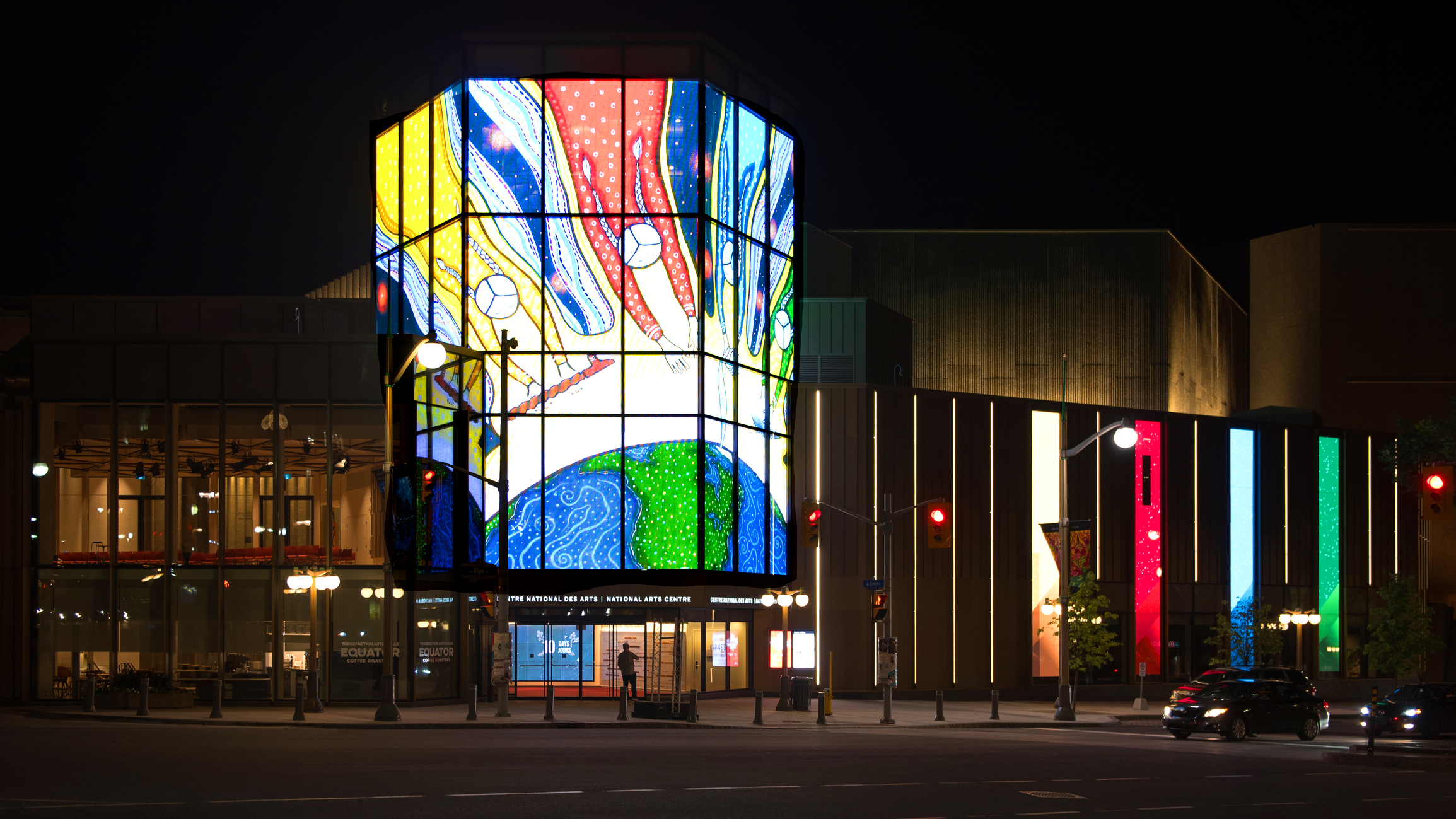
Five Takeaways from the National Arts & Culture Summit
From May 2nd to 4th 2022, the Minister of Canadian Heritage, Pablo Rodriguez, hosted arts leaders from across Canada, both online and in-person, at the National Arts & Culture Summit. Over three days at the National Arts Centre in Ottawa, the arts and culture community gathered to discuss the challenges that face the sector, ranging from the lived experiences of artists to the digital realities faced across the sector.
The PAA Advisory | Conseils team was proud to join our peers and clients at the Summit. Here are five takeaways from the event:
- Copyright is a Priority
During the Minister’s opening keynote speech, otherwise referred to by actor/director, Danielle Le Saux-Farmer as his TedTalk, Pablo Rodriguez revealed that after the 2021 election, he specifically asked Prime Minister Justin Trudeau to be reappointed to the Canadian Heritage file. The Minister, along with his staff, demonstrated a commitment to the conversation through attendance throughout the three days and a candid fireside chat to conclude the conference.
During the opening remarks, the Minister mentioned his three priority bills, focused on broadcasting reform, online hate, and online news. However, he made sure to mention copyright as a further area of focus. An issue raised by many over the course of the three days, it is clear that copyright reform is on the radar of the arts and culture sector as a legislative priority
2. Guaranteed Basic Income Isn’t Going Anywhere
Consistently, artists and arts organisations called for a guaranteed basic income. While the specific parameters of such a policy are still to be narrowed down, this ask builds on the success of emergency programs, such as the Canada Recovery Benefit (CRB) and the Canada Emergency Response Benefit (CERB), in supporting arts workers through the pandemic.
During his final fireside chat, the Minister of Canadian Heritage was asked specifically about a guaranteed basic income. While the Minister did not commit to any specific steps, this issue was at the heart of the summit and likely to continue as a driving force in arts advocacy, including through the second round of Employment Insurance consultations that is ongoing.
3. Arts and Culture Goes Beyond Arts and Culture
Panels throughout the conference pointed to the cultural, societal, and economic effects of the arts and culture ecosystem, beyond the sector itself. Speakers at a variety of sessions pointed to the proverbial table where decisions are made, and argued for the dismantling of structures that limits participation from underrepresented groups.
Summit participants discussed and brainstormed the paths forward for the arts and culture sector to engage with Indigenous groups towards reconciliation and resurgence, to work towards greening the sector and combating climate change, and collaborating at home and abroad on equity, diversity, inclusion and accessibility goals. In sum, the arts and culture sector made the collective perspective clear: they wish to work with government across sectors to advance progressive change.
4. COVID Recovery Is Just Starting
While it was a joy for many to reconvene as a sector for the first time since the pandemic began, many raised the spectre of COVID-19 that remains. Performing arts institutions in particular argued that the recovery of their work is yet to come: audiences are slow to return, companies continue to manage sicknesses and associated cancellations among their artists, and the ramp up to pre-pandemic levels of revenue will take time. The Government of Canada will have a role to play in working with the sector over the short and medium term to support its recovery.
5. Digital Revolution Is Already Underway
The Summit’s final morning began with a panel session on broadcasting reform and the digital effect on arts and culture in Canada. Arguably the most contentious discussion of the three days, the panel highlighted the importance of the ongoing work on Bill C-11, the Online Streaming Act, and the variety of views present across digital creators and platforms, arts organisations, and political stakeholders.
While Bill C-11 was at the heart of the debate, the Summit highlighted that the digital revolution isn’t on its way: arts and culture stakeholders across Canada are already in the midst of it. Further, audience members spoke up around issues of Canadian content discovery, and whether or not the digital space was truly a solution for certain forms of creation, production and presentation. As we look ahead, Government and the sector will look to adapt and support the needs of emerging and change businesses models in the context of digital tools available today.
PAA Advisory | Conseils believes firmly in the role of the arts and culture in Canada, and support clients across sectors towards their advocacy goals. For more information on the Summit or any other matter, please don’t hesitate to get in touch with our Arts and Culture team at Sean.Casey@PAAinc.ca, Tara.Mazurk@PAAinc.ca, Andrew.Walker@PAAinc.ca, and Elodie.Colliard@PAAinc.ca.